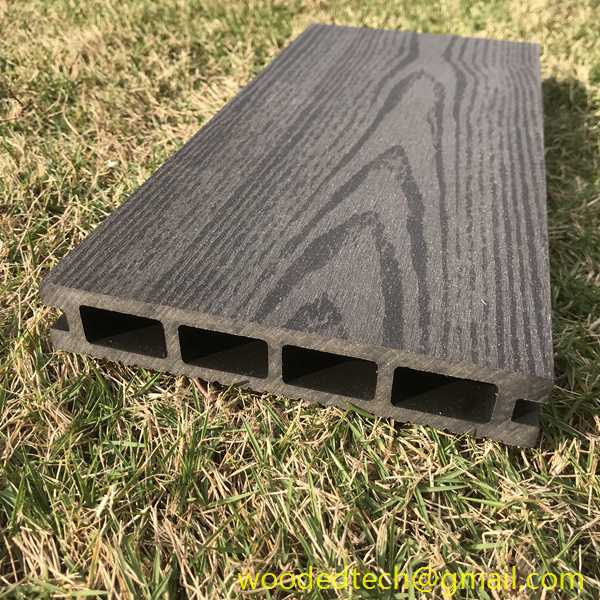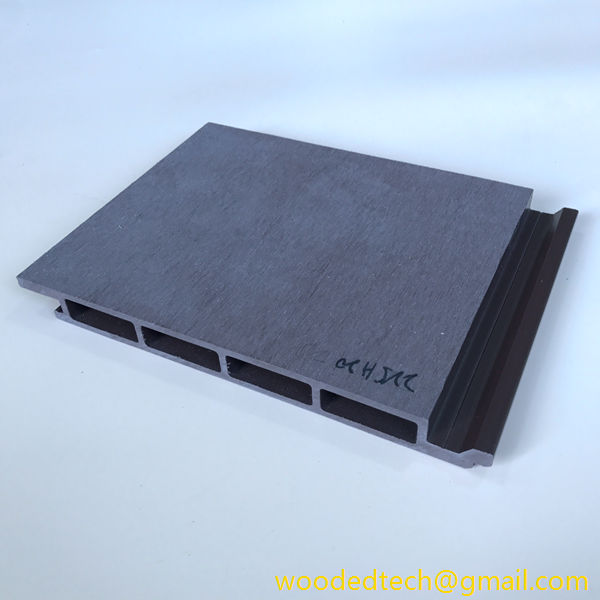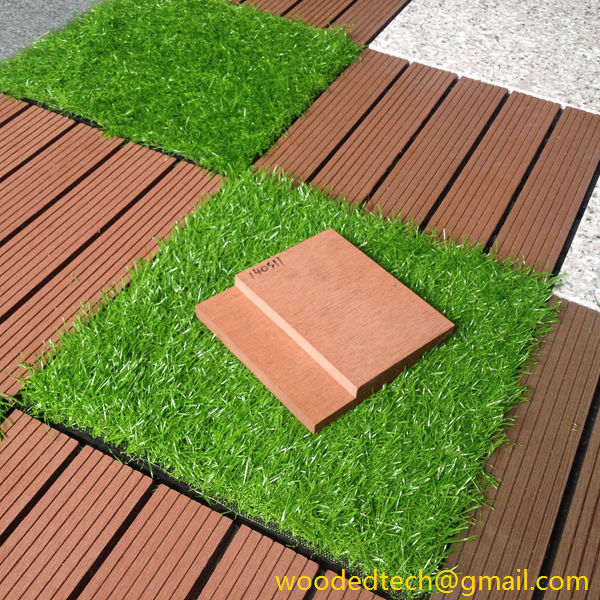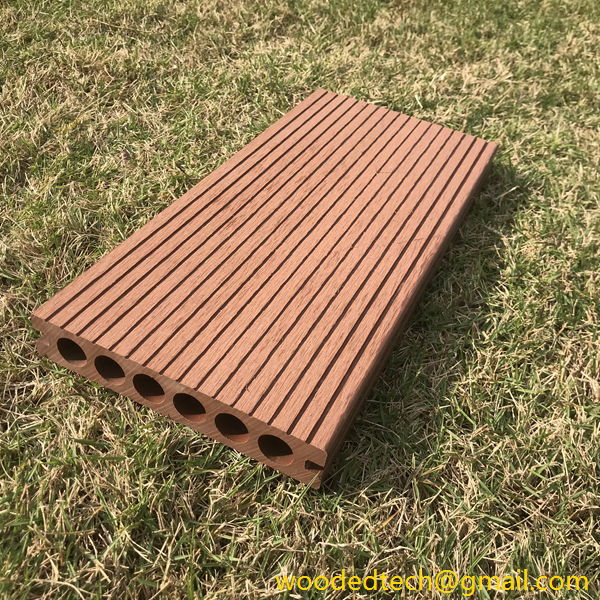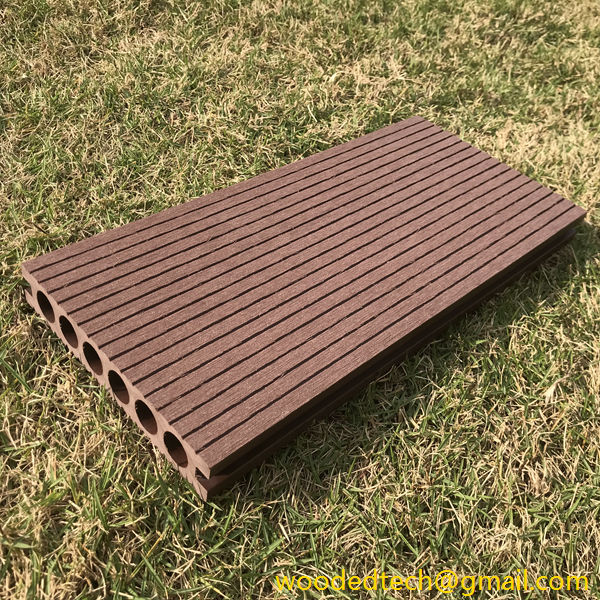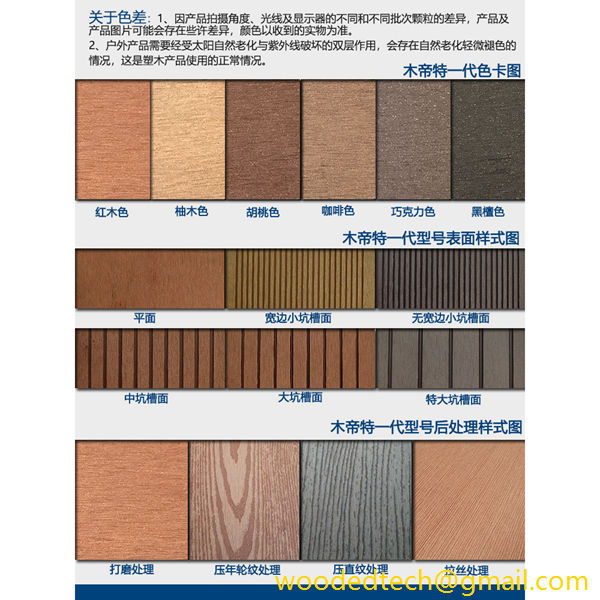The Advantages of Waterproof Plastic Wall Panels for Durability
Waterproof plastic wall panels have gained significant popularity in various industries due to their remarkable durability and resilience. These panels are engineered using advanced manufacturing processes that enhance their performance characteristics, making them an ideal choice for environments that demand high levels of moisture resistance. This article delves into the production technology employed in creating waterproof plastic wall panels and discusses the advantages that contribute to their durability.
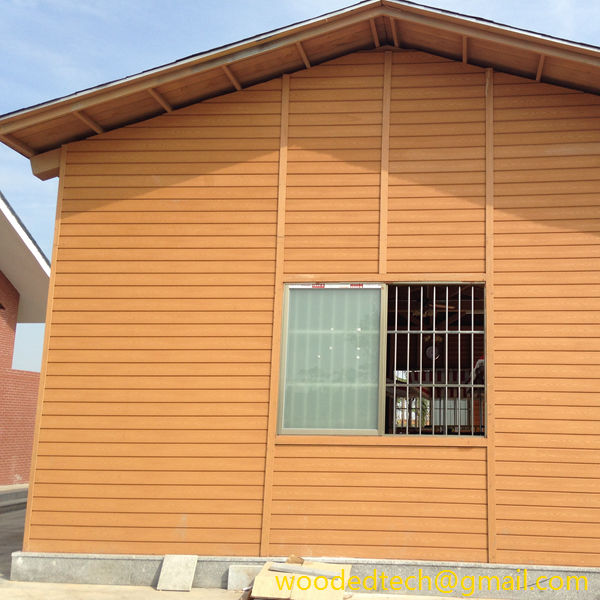
The manufacturing process of waterproof plastic wall panels typically begins with the selection of high-quality raw materials. Commonly used materials include polyvinyl chloride, or PVC, and other thermoplastics. These materials are chosen for their inherent properties, such as resistance to water, chemicals, and mold. The production process often involves compounding, where additives are mixed with the base polymer to enhance specific attributes. For instance, UV stabilizers may be added to improve the panels’ resistance to fading and degradation when exposed to sunlight.
Once the raw materials are prepared, the next step involves extrusion, a process that shapes the plastic into long continuous sheets. During extrusion, the polymer is heated to a molten state and forced through a die that forms the desired panel profile. This method allows for the creation of panels with various thicknesses and textures, catering to different aesthetic and functional requirements. The ability to customize the panels during the extrusion process is a significant advantage, as it enables manufacturers to meet the diverse needs of their clients.
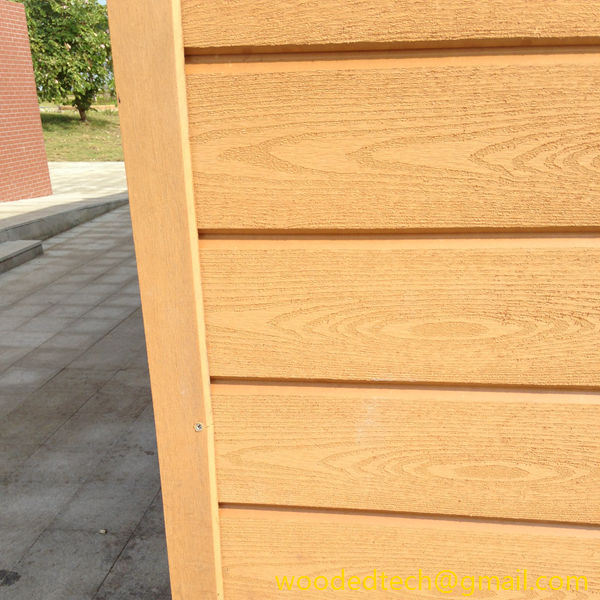
After extrusion, the panels undergo a cooling process, which solidifies their shape and structure. This cooling process is critical, as it affects the final dimensional stability and mechanical properties of the panels. Proper cooling ensures that the panels maintain their form and do not warp or bend over time, even in challenging environments. Following this, the panels are often subjected to surface treatments, such as laminating or coating, to further enhance their durability. These treatments can provide additional protection against scratches, impacts, and chemical exposure, making the panels even more suitable for demanding applications.
One of the standout features of waterproof plastic wall panels is their resistance to moisture. Unlike traditional materials such as wood or drywall, which can absorb water and lead to structural damage or mold growth, plastic wall panels do not retain moisture. This characteristic significantly extends the lifespan of the panels, as they are less likely to suffer from deterioration due to water exposure. In environments such as bathrooms, kitchens, and hospitals, where humidity levels can be high, the use of waterproof plastic wall panels can help maintain a clean and safe environment.
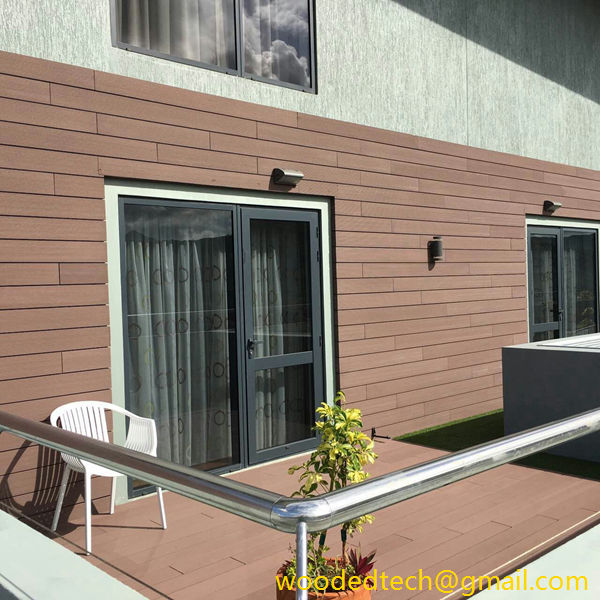
Moreover, the lightweight nature of these panels contributes to their durability. Because they are easy to handle and install, the risk of damage during transportation and installation is minimized. This ease of installation also means that repairs or replacements can be carried out effortlessly, reducing downtime and costs associated with maintenance. The longevity of waterproof plastic wall panels is further enhanced by their resistance to impacts and abrasions, making them an excellent choice for high-traffic areas.
Another advantage of these panels is their low maintenance requirements. Traditional wall coverings often require regular painting, sealing, or replacement due to wear and tear. In contrast, waterproof plastic wall panels can be easily cleaned with mild detergents and do not require frequent upkeep. This low maintenance aspect not only saves time and effort but also reduces the overall cost of ownership, making them an economically sound choice for both residential and commercial applications.
In addition to their practical benefits, waterproof plastic wall panels are also aesthetically versatile. They are available in a wide range of colors, patterns, and finishes, allowing for creative design possibilities. Whether used in modern or traditional settings, these panels can enhance the visual appeal of any space while providing the functional benefits of durability and moisture resistance.
In conclusion, the advantages of waterproof plastic wall panels for durability stem from their advanced manufacturing processes and material properties. The careful selection of raw materials, coupled with innovative production techniques, results in panels that are not only resilient but also versatile and low maintenance. Their resistance to moisture, impacts, and abrasions makes them ideal for various applications, ensuring a long-lasting and attractive solution for wall coverings. As industries continue to seek durable and practical materials, waterproof plastic wall panels will undoubtedly remain a popular choice for years to come.

